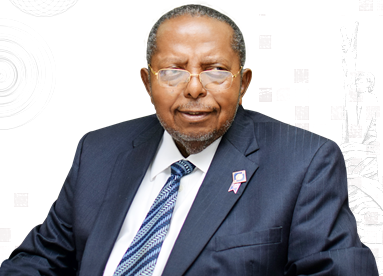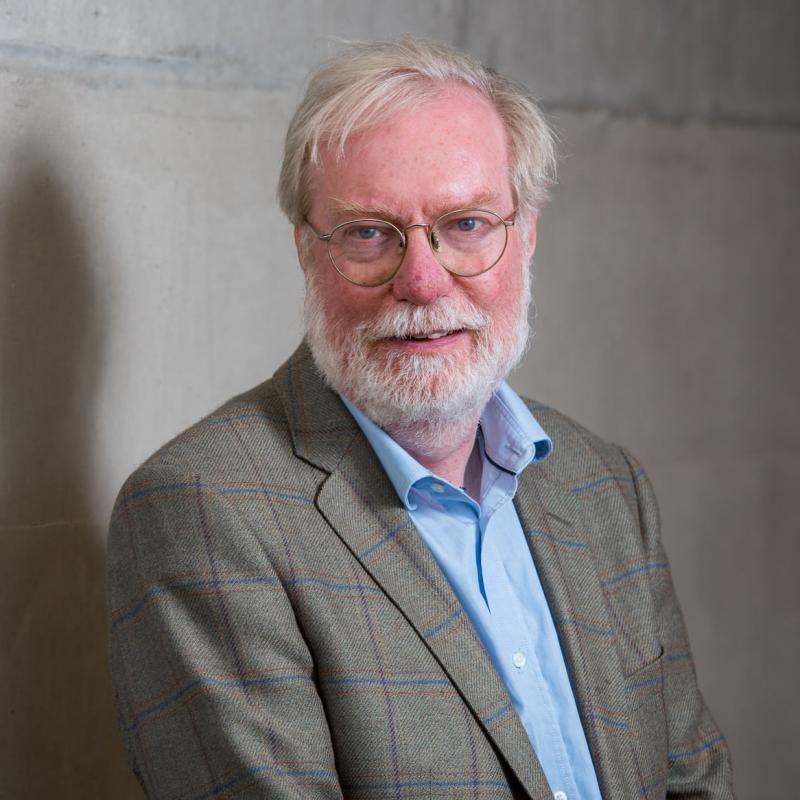Emmanuel Tumusiime-Mutebile: a tribute
Uganda's most influential economist, according to The Economist, Emmanuel Tumusiime-Mutebile died on 23 January. Paul Collier remembers him as a man of courage and leadership, and as a friend.

In the death of Emmanuel Tumusiime-Mutebile, Governor of the Central Bank of Uganda, Africa has lost a towering figure central to both his nation’s economic revival from the tragedy of the first decades of Independence, and by his power of example, the gradual recovery of other countries in the region.
Emmanuel was a fine economist, but his key abilities were personal courage and leadership. His used his courage to speak truth to power. He used his charismatic leadership to inspire his staff to turn themselves into professionals with the integrity and skills to manage the complex challenges needed for a poor and fragile society to escape mass poverty.
He showed his courage against the tyrant Idi Amin by condemning his expulsion of the Asians while being interviewed on the radio; having then to flee the country in disguise. He found that same courage in his reencounter with Yoweri Museveni. Museveni had led an insurgent group that seized the capital. Finding Emmanuel, once a fellow student, now chief economist at the Ministry of Planning, the new President promptly ordered him to stop the rampant inflation by revaluing the official exchange rate. Emmanuel patiently explained why this common piece of economic illiteracy would not work, only to be overruled by his overconfident new boss. Emmanuel’s retort was ‘Yes Mr. President, but will you permit me to remind you when you have to reverse it that I told you it was wrong’. Museveni’s greatness was that he did not treat this remark as insubordination, and his subsequent decision to reverse the policy was a first step on a six-year road to realising that key economic policies must be left to Emmanuel. By 1994, their partnership had overseen a sequence of tough and well-implemented decisions just in time to take advantage of a coffee-boom which laid the foundations of a vibrant private sector.
By 2002 his team at the Ministry of Finance and Planning were well-equipped to take over its leadership, and he moved to be Governor of the Central Bank, where he remained until his death, rapidly becoming the father-figure for his beleaguered peers in the region, radiating courage and wise counsel with skewering humour.
By the time of his death, he was a living legend: an anchor at a time of very rough seas for the region. By design, he leaves an institution which abounds in qualified future Governors, but as a rare man of greatness, he is irreplaceable. We had been warm friends for 30 years and I grieve at his passing.

